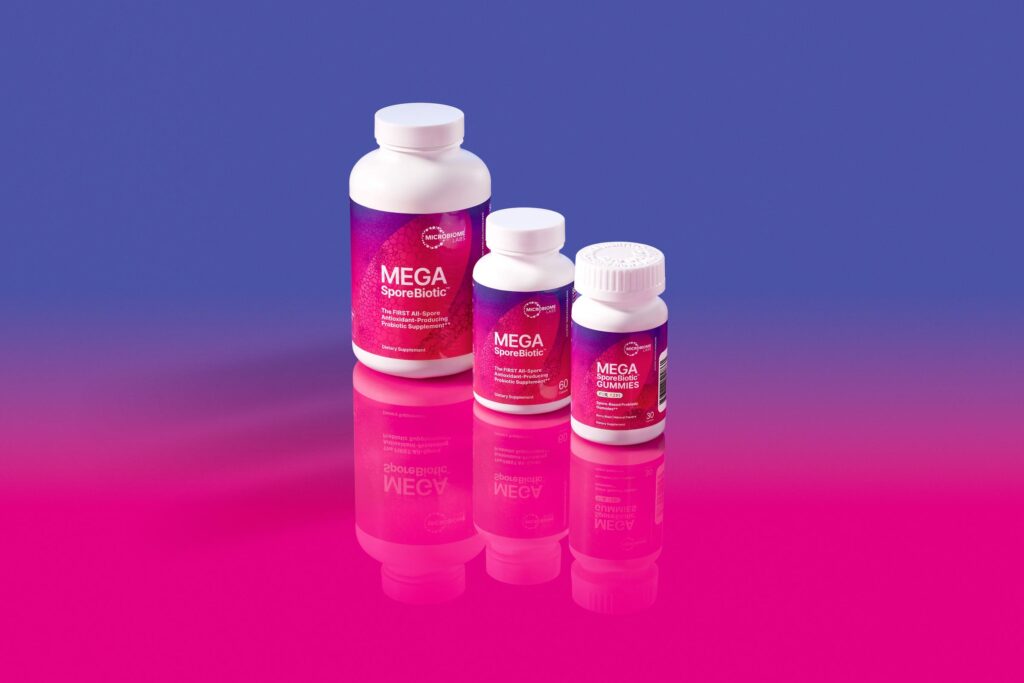In this three-part series, we will take a look at the real cause of heart attack and other cardiovascular events and talk about nutrition and other lifestyle factors that can significantly reduce your risk of an event. In Part I we will discuss tests that your doctor can do to more accurately assess your risk of heart disease and foundational nutrition to address it. In Part II, we will discuss additional nutrients that are important to heart health and in Part III we will address other factors that affect heart health and how you can manage those factors.
New information shows that the top 5 risk factors on which the medical profession has been evaluating the risk of heart disease for years do not fully predict the risk of a cardiovascular event. Little emphasis is placed on nutrition, exercise, and stress management, three crucial factors in the management of heart disease. As far back as 2004, the medical journal Lancet published a study purporting that exercise, optimal nutrition, optimal body weight and composition, moderate red wine consumption, and smoking cessation could decrease the risk of cardiovascular disease by a whopping 80%! More than 50% of those who have heart attacks have “normal” cholesterol, yet we are lead to believe that taking a statin drug is our main ally in avoiding a heart attack.
Newer research suggests that 1) looking at the make-up of cholesterol and other lipids 2) attention to markers of inflammation and oxidative stress, 3) testing for high blood sugar and insulin 4) looking at immune system dysfunction and 5) appropriate detoxification will allow us to better predict the risk of a cardiovascular event. Once that risk is determined, we can use diet, supplements, exercise and stress management to better manage it.
Let’s take a look at numbers 1) and 2) above, tests your doctor can do to more accurately determine your risk of heart disease. The beauty of this early testing is that once you have an accurate picture of your risk you can use natural means to reduce it.
A VAP panel is advanced testing of cholesterol and other lipids. It further analyzes components of fats in your blood. For example, you may have low LDL (the “bad” cholesterol), normally considered a good thing, yet have a high particle number, indicating a risk of heart disease. Or you may have very high HDL (the “good” cholesterol), normally considered a good thing, but it may not be functioning correctly because the particle size is too small.
The test measures subclasses of LDL and HDL, triglycerides, IDL (intermediate-density lipoproteins), VLDL (very low-density lipoproteins) and Lp(a), or lipoprotein (a). High triglycerides alone do not cause heart attack, but are a driving force behind an increase in both small LDL and VLDL. High triglycerides also signify issues with blood sugar management. Lp (a) is a direct cause of plaque formation and rupture that can cause a heart attack. High Lp(a) is often implicated in the early heart attacks that occur in 40-50 year olds. Using the VAP panel to identify your own risk factors will allow you to target nutrients that address them.
Tests that identify the potential for damaging inflammation or oxidation are as follows:
- Homocysteine. This is an inflammatory marker that, when elevated, causes injury to the arteries, increases oxidation of LDL (promoting plaque), constricts arteries, and provokes blood clot formation. The net result is a 3-fold increase in the risk of heart attack.
- C-Reactive Protein. Another marker that measures systematic inflammation. High CRP increases the risk of heart attack 3-fold. When you also have high small particle LDL, there is a 6-fold risk.
- Fibrinogen. A principle blood-clotting protein that, when elevated, can indicate a risk of blood clot formation. In the absence of a blood clot, it can also accelerate plaque formation.
- MPO (myeloperoxidase). An inflammatory and oxidative stress marker that has anti-infective functions but at higher levels oxidizes HDL, the good cholesterol, rendering it ineffective. It also oxidizes LDL, promoting plaque. Elevated levels increase cardiovascular risk by 16-fold!
Now that we have covered the basics of how your heart disease risk can be accurately assessed, let’s talk about what you can do about it! Below are 3 foundational nutrients that can be used to manage your risk of heart disease:
- Healthy Fats. Low fat is old news and the right fats are what you should be focused on. Omega-3 fats, found in fish oil and certain plants like flax, chia and hemp, are ultra-important to heart health. Omega-3s bolster the health of the cell membrane, increase HDL, and reduce IDL, triglycerides, VLDL and C-Reactive protein. A true bonanza for improving blood markers for heart disease! Three servings of fatty fish per week will protect a healthy person against a risk of heart disease. The highest fish sources of omega-3s are salmon, cod, mackerel, anchovies and sardines. If you eat less than this, taking a fish oil supplement is a great way to protect against heart disease. A typical dose is 1200 mg, but your doctor may recommend in the range of 3000-10,000 mg on a short term basis if disease is present. Other plant fats like those found in avocado, olive oil, coconut oil, and nuts are very heart healthy. The most important thing to stay away from are trans fats and hydrogenated fats, found mainly in packaged foods. Saturated fats from animal sources are okay in smaller amounts, say 1-2 servings per week. The key is to find meats and dairy that are grass-fed, pasture-raised, and free of antibiotics and growth hormones. Grass-fed meats contain CLA, a fat that has been found to reduce the visceral fat surrounding the organs, a factor in heart disease.
- Magnesium. Low magnesium levels are the greatest predictor of heart disease according to a 2013 study that reviewed cardiovascular studies over the past seven decades. A deficiency of this macronutrient is common in the U.S. due to over-farming and the resulting depletion of magnesium in our soil. For blood pressure that is trending upward, greater than 120/80, this is the first nutrient you should look to. It relaxes the blood vessels, calms the nerves, assists in blood sugar management (a factor in inflammation), and balances calcium in the blood. Magnesium works in concert with calcium in the pumping action of the heart, and the contraction/relaxation of the blood vessels. Add 250-400 mg of magnesium a day to manage stress, support healthy blood pressure, and balance calcium. Magnesium can be laxative at higher doses, so be aware of that. Great food sources of magnesium are kelp, dark, leafy greens, nuts, avocado and dark chocolate.
- Fiber. Boring, but important! The recommended amount of fiber per day is 35 grams, but in Paleolithic times we consumed almost 3 times this amount. Many Americans fall short of even the lower amount and average 10-15 grams per day. Fiber is a true superstar in heart health. It reduces markers that are negative for heart health including Lp(a), triglycerides, VLDL, and CRP. It also binds heavy metals and other toxins that can negatively affect heart health. Using a fiber supplement before bed is a great way to improve your heart health and manage blood sugar. Another key way to add more fiber is more fruits and vegetables! Apples are considered a superfood for the heart due to the pectin fiber they contain, along with a higher level of potassium. Whole grains can also provide fiber, but grains in excess of 2 servings a day can contribute to heart disease due to their effect on blood sugar. Adding 2 tablespoons of ground flax seeds, chia seeds, or hemp seeds to a protein shake in the morning is another great way to add fiber. It’s a simple and effective way to manage heart health!
Those are our top 3 for now. Remember that protecting your heart health is not just about low cholesterol and being on a statin drug. There are important nutrients and diet changes you can make that can have a profound effect on heart health. Above we have summarized tests your doctor can do to identify your true risk for heart disease, along with three foundational nutrients that all of us should consider taking for heart health. Tune in next week for additional supplements that can be used to improve heart health…



